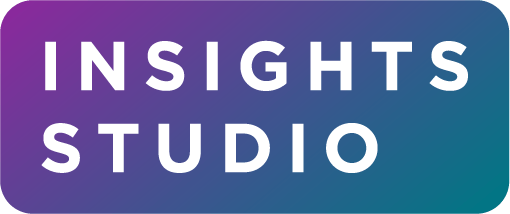
Inside the Journal of Advertising Research: Sonic Branding, ASMR Engagement, and Who Wins in Activist Messaging?
FEBRUARY 13 @ 12:00 PM – 1:00 PM EST | Virtual
Sebastian Silas
Researcher at Hanover Music Lab
Hanover University of Music, Drama and Media
Sebastian Silas is a PhD researcher at Hanover Music Lab at the Hanover University of Music, Drama and Media in Hanover, Germany. He is also a data scientist at SoundOut, a Reading, U.K. agency that works with brands (e.g. Amazon, Ford, TikTok) to trigger the right emotional response from their customers by matching brand personality and attributes to music. Sebastian specializes in computational approaches to musical learning and memory, with a particular emphasis on learning melodies and playing by ear. He is an active music teacher and saxophonist, improviser and composer, and his academic research draws upon his experience in these fields.
Daniel Müllensiefen
Professor of Psychology
Goldsmiths, University of London
Daniel Müllensiefen is a Professor of Psychology at Goldsmiths, University of London and a research fellow at the Hanover University of Music, Drama and Media in Hanover, Germany. Among his research specialties are computational and statistical models of music perception, cognitive biases in musical judgement and the behavioral economics of music. Daniel’s industry-related work on music and advertising includes working as scientist in residence with adam&eveDDB and a government-funded project with SoundOut Ltd. He currently leads the LongGold project, a longitudinal study on the development of musical and other cognitive and social abilities during adolescence.
Victoria Broadbridge
Senior Teaching Fellow
University of Portsmouth U.K.
Victoria Broadbridge is a Senior Teaching Fellow at the University of Portsmouth in the U.K. Her research interests focus on the anthropology of technology and its impact on marketing practice, as well as on autonomous sensory meridian response (ASMR) and neurodivergence.
Giandomenico Di Domenico
Assistant Professor in Marketing
Cardiff University, U.K.
Giandomenico Di Domenico is Assistant Professor in Marketing at Cardiff University, in the U.K. His primary research interest examines disentangling the dark sides of digital environments, specifically the dynamics of misinformation spreading and its impact on consumers and brands. He also conducts research on influencer marketing and advertising.
Tyler Milfeld
Sean Traynor ’91 Assistant Professor of Marketing
Villanova University
Tyler Milfeld is the Michelle and Sean Traynor ’91 Assistant Professor of Marketing at Villanova University. He primarily studies corporate social responsibility advertising and message design. Before his academic career, he worked in various marketing roles at The Hershey Company, Colgate-Palmolive, PepsiCo and Johnson & Johnson.
Eric Haley
DeForrest Jackson Professor
University of Tennessee’s Tombras School of Advertising and Public Relations
Eric Haley is the DeForrest Jackson Professor at the University of Tennessee’s Tombras School of Advertising and Public Relations. His body of work centers on how advertising and society affect each other, and advertising management issues. Beyond academia, Haley’s industry consulting includes custom consumer strategy research for MCA/Universal Studios, EMI Records and University of Tennessee Athletics. A six-time best article winner for several peer-reviewed journals, Haley is the 2023 recipient of American Academy of Advertising’s (AAA) Ivan L. Preston Outstanding Contribution to Research, a lifetime achievement award.
Joining the Q&A:
Federico Mangiò
Postdoctoral Research Fellow in Marketing
University of Bergamo, Italy
Federico Mangiò is a Postdoctoral Research Fellow in Marketing at University of Bergamo, Italy. During his doctoral studies, Federico was a visiting scholar at the University of Southern Denmark, Copenhagen Business School and IÉSEG School of Management in Lille, France. His research interests are related to marketing and consumer culture, brand communication and consumer engagement on social media, and text-as-data approaches for social sciences.
